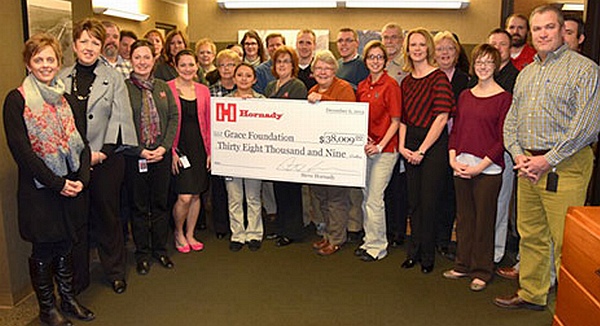When the Doctor Says the “C” Word — Skin Cancer and Shooters
This is a message to my friends in the shooting community: be careful with your skin. I wasn’t careful enough and now I have skin cancers. When the Doctor says the “C” word, trust me, it’s a scary thing. That’s me in the photo below. The reason I have band-aids on my cheek and my chest is that I was just diagnosed with multiple basal cell carcinomas (the band-aids cover biopsy sites). These basal cell cancers can (and will) be surgically treated, but any skin cancer is worrisome. The worst kind of skin cancers, melanomas, can be fatal if not detected very early.

An Ounce of Prevention — How to Protect Your Skin
Fellow shooters, my message to you is: Protect your skin… and see a dermatologist regularly. If you are over 40 and have spent a lot of time outdoors, I suggest you see a skin doctor every year.
As gun guys (and gals) we spend a lot of time outdoors, much of it in bright sunlight. When working and playing outdoors, you should always try to minimize the risk of skin damage and possible skin cancers. Here are some practical tips:
- 1. Wear effective sunscreen. Get the kind that still works even if you sweat.
- 2. Wear a wide-brimmed hat and quality sunglasses with side protection.
- 3. Protect your arms and neck. It’s smart to wear long-sleeve shirts with high collars. There are “breathable” fabrics that still offer good sun protection.
- 4. Stay in the shade when you can. Direct sunlight is more damaging to your skin.
- 5. When testing loads or practicing you can make your own shade with an umbrella fixed to a tripod or scope stand. This has the added benefit of keeping you (and your ammo) cool.
- 6. Do a “field survey” of your skin every few weeks. Have your spouse or “significant other” inspect your back and the backside of your legs.

What to Look For — How to Spot Possible Skin Cancers
Here is an illustration that shows various types of skin cancers. But understand that an early basal cell carcinoma can be much, more subtle — it may just look like a small, pale pink spot. Also, if you have a scab that flakes off and re-appears, that might be a cancer. In the case of the basal cell on my face, I initially thought it was just a shaving abrasion. The skin was just slightly pinkish, with a little scab that would form and come back. But after a couple months, it never got any better. That’s what prompted me to see the doctor. And I’m glad I did….



















